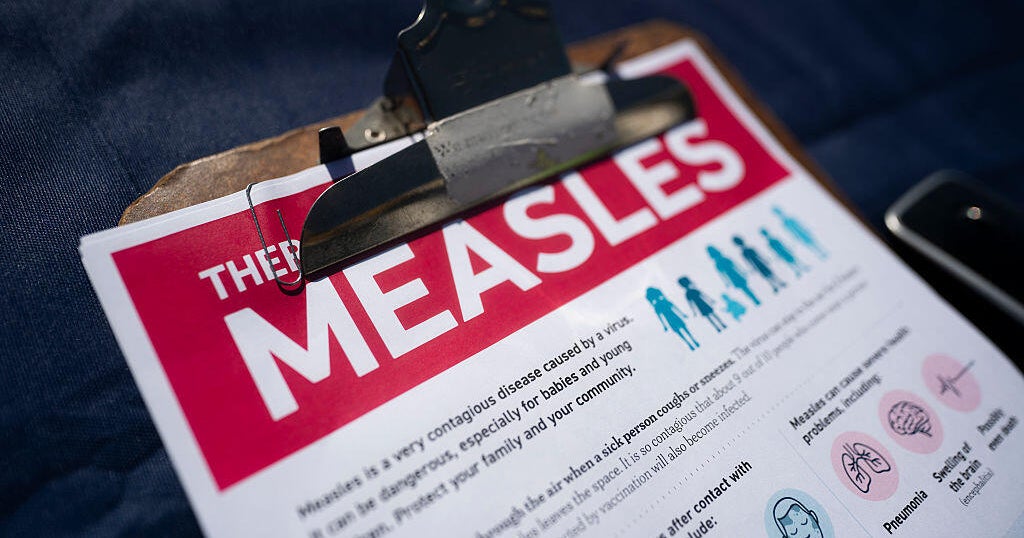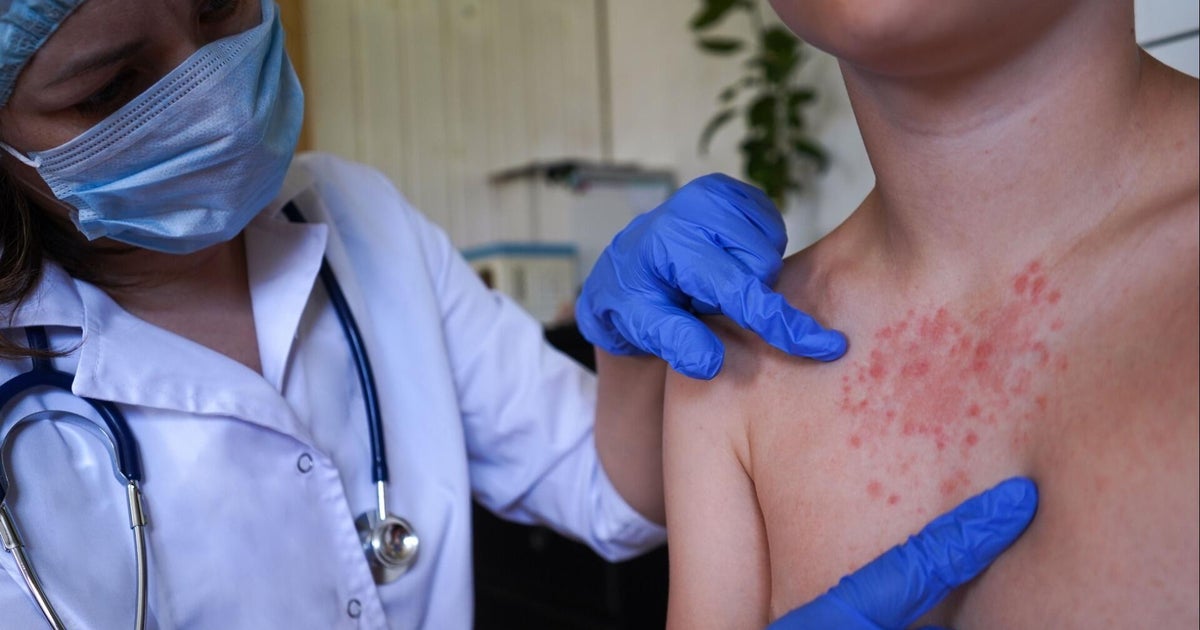Coronavirus Update: Marin County Reports Its First Cases Of Community Transmission
SAN RAFAEL (CBS SF) -- Marin County health officials announced two new confirmed cases of coronavirus Saturday, both were believed to be the result of community transmission.
The announcement increases the number of confirmed cases to five within the county.
"The first cases of community transmission of COVID-19 in Marin means we're in a new stage of working to mitigate spread," said Dr Matt Willis, Marin County Public Health Officer. "We've been anticipating this. This is why we took big steps this week, including limiting large gatherings and closing classrooms."
Health officials said neither of the individuals were hospitalized but will be quarantined at home until they are no longer infectious. No other information about the patients was released to protect the medical privacy of the patients.
Marin's three previous confirmed cases were related to travel on the Grand Princess cruise ship. A passenger from the Feb. 11 roundtrip cruise from San Francisco to Mexico fell ill and required hospitalization when they arrived back in the Bay Area and departed the ship. Two others who came in contact with the former passenger also were diagnosed with having the coronavirus but didn't require hospitalization.
The two newly confirmed cases were tested at Marin's field-testing site, which launched earlier this week to help enhance testing capacity countywide.
Until this week, the lack of federal testing supply has made it challenging to measure local incidence of disease. Individuals referred by their physicians who may be at risk for COVID-19 infection can complete drive-through testing without having to get out of their vehicle.
County officials also released information for those who must self quarantine.
- Even though the person you live with does not have symptoms, self-quarantining means separating as much as possible from other people sharing the living space. They should stay in their own bedroom and, if possible, use a bathroom that is not shared with others.
- If there's only one bathroom, set up a bathroom rotation in which the self-quarantining individual uses the bathroom last and then disinfects it thoroughly with these proper disinfection techniques. If the self-quarantining individual needs to come out of their room for any reason, they should wash their hands and wear a mask.
- Clean and disinfect commonly touched surfaces frequently. This includes countertops, doorknobs, light switches, and bathroom surfaces. Wash your hands frequently.
- Do not share any items with the self-quarantining individual. This includes dishes, drinking glasses, silverware, towels, phones, and remote controls. If possible, use a dishwasher to clean and dry dishes and silverware used by the self-quarantining individual. If this is not possible, wash them by hand using detergent and warm water. Dry them thoroughly, using a separate dishtowel.
- The self-quarantining individual should vigilantly self-monitor for possible symptoms. But as long as all members of your household are following these self-quarantine and hygiene guidelines closely, those not in self-quarantine can continue to participate in your normal activities outside of the home while someone at home is self-quarantining. Follow these steps to prevent illness and protect yourself.







